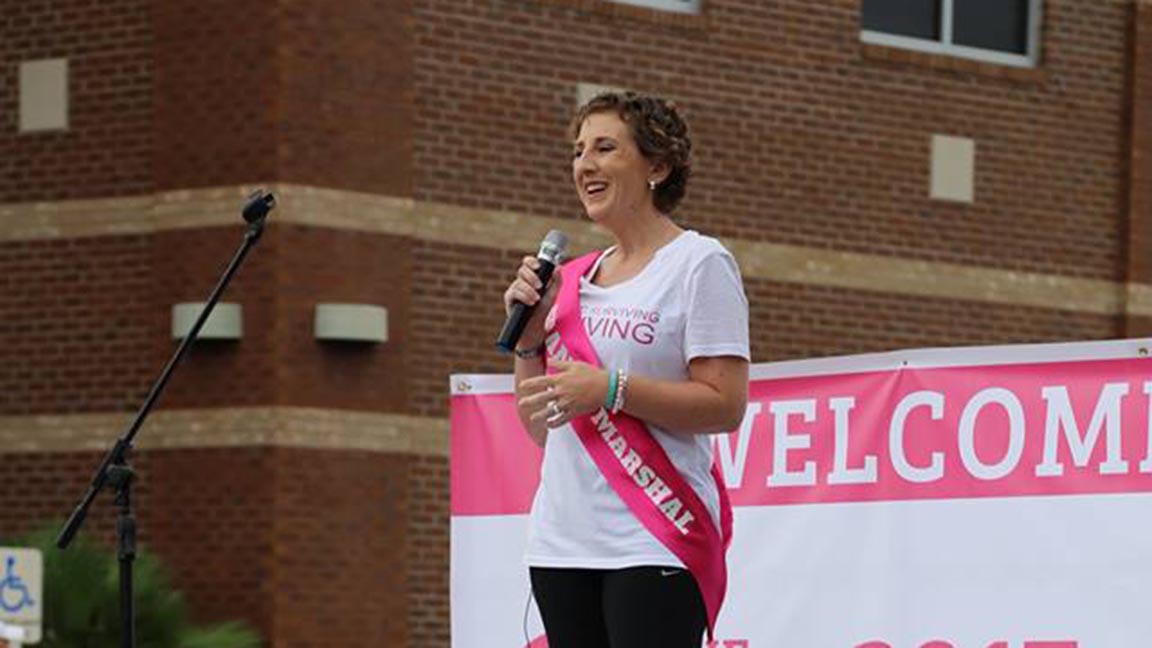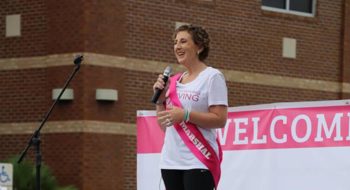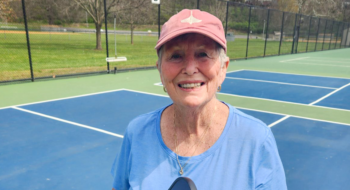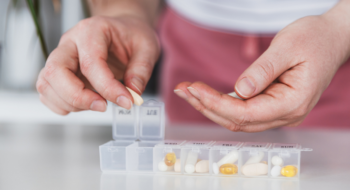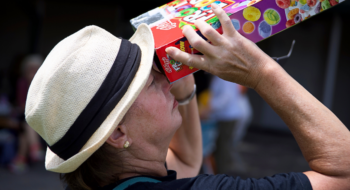It’s often difficult to figure out what to say when you find out a friend or family member is facing a cancer diagnosis.
According to breast cancer survivor Tracy Brown, when it comes to showing support, actions speak louder than words.
The most helpful thing someone can do is consider a cancer patient’s long-term, tangible needs, says Brown, a Myrtle Beach resident who received care through the Tidelands Health Cancer Care Network, the region’s most comprehensive provider of cancer care.
Here are some of her tips as a cancer survivor:
Food
Food is a great way to show support, but she suggests people avoid inundating the family with casseroles right after the diagnosis.
“In the beginning, you get a lot of food — too much really,” she says. “A few months in, the ‘new’ wears off, and they’re not bringing food anymore.”
Instead of bringing prepared meals immediately after the diagnosis, Brown says restaurant gift cards allow families to purchase meals when they need it most. On particularly rough treatment days, even warming up a frozen meal can be taxing, especially because cleanup is required, Brown says. On those days, it’s a relief to eat at a restaurant and let someone else deal with the dishes.
Everyday expenses
Gift cards can also help financially. Brown says that’s important because a cancer diagnosis can overwhelm a family’s finances, even if the patient is insured. Since patients usually work fewer hours and have less income, providing for everyday expenses can be challenging.
“I needed my kids’ lives to stay normal, but it was difficult to pay for some of their extracurricular activities,” she says. “Those expenses don’t stop coming just because you get cancer.”
Be normal
Brown says it’s vital for everyone in the family to maintain a sense of normalcy. Relationships with friends and co-workers shouldn’t change, either.
“If we normally hug, let’s not stop. Cancer is not contagious. If we don’t hug, let’s not start, because it will be weird,” she says with a laugh.
Along those lines, Brown says it’s important to discuss things other than cancer. Continue talking about the same things you would talk about before the diagnosis.
“Have the same conversations you normally would,” she says. “There needs to be a sense of normalcy.”
Group conversations
And when it does come time to share news about treatment and prognosis, friends and family should expect fewer one-on-one conversations.
“Everybody has to be OK with group communication. My husband and I both come from large families and I just couldn’t have important conversations individually. It was tiring,” she says.
Emails, online health journal sites and social media are great options for giving updates en masse.
Not all cancer patients want to know about each other
And the thing Brown says many cancer patients don’t want to hear about?
“Please don’t tell (a cancer patient) about everyone you know with cancer, especially not the people who died,” she says. “And I don’t need to be friends with every person who has breast cancer.”
Among the most impactful gestures from friends and strangers were offers of prayer, Brown says.
“It meant more when people offered to pray with me, not just for me,” she says. “Those two minutes can make a huge difference in the life of a cancer patient.”
